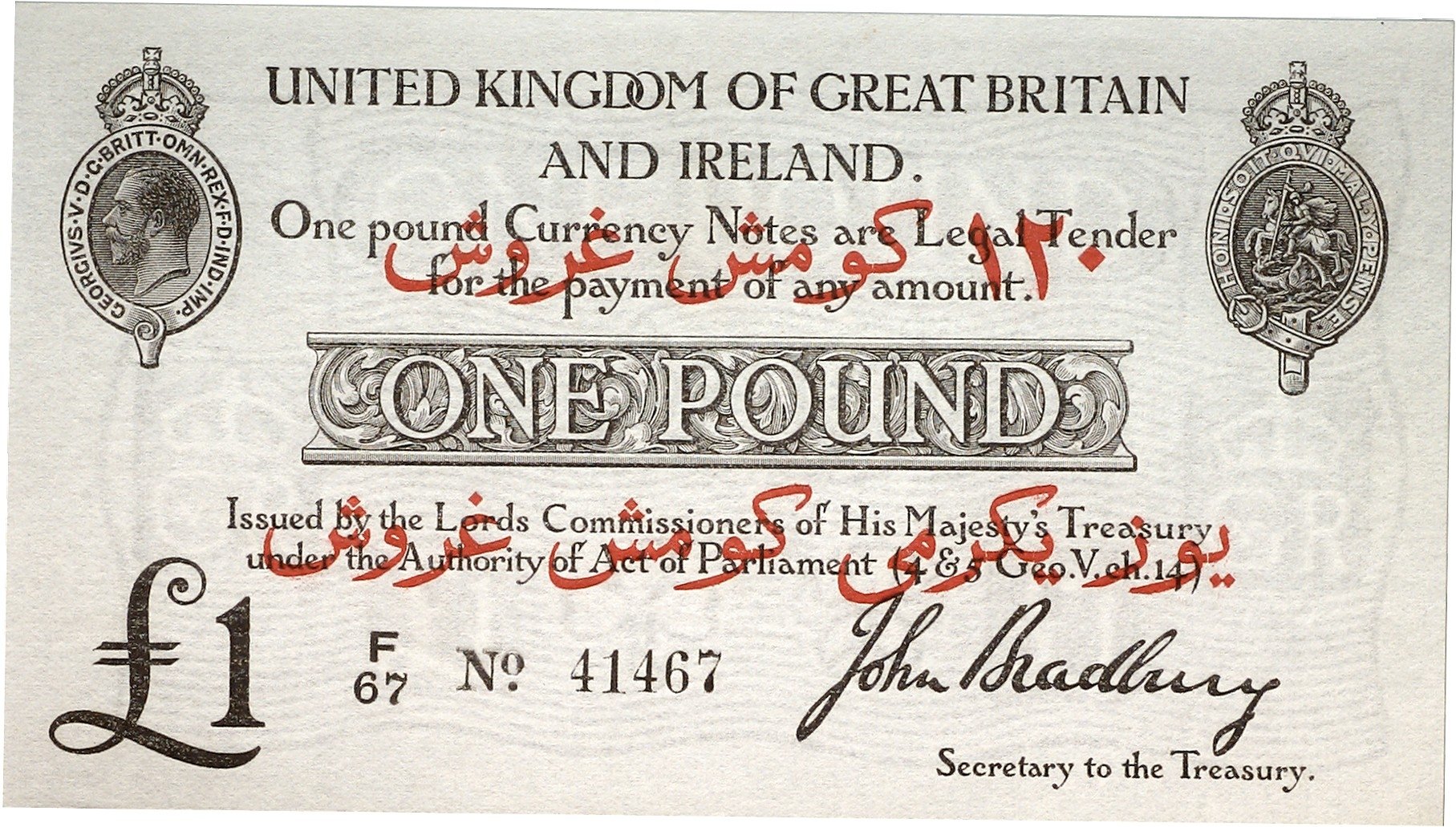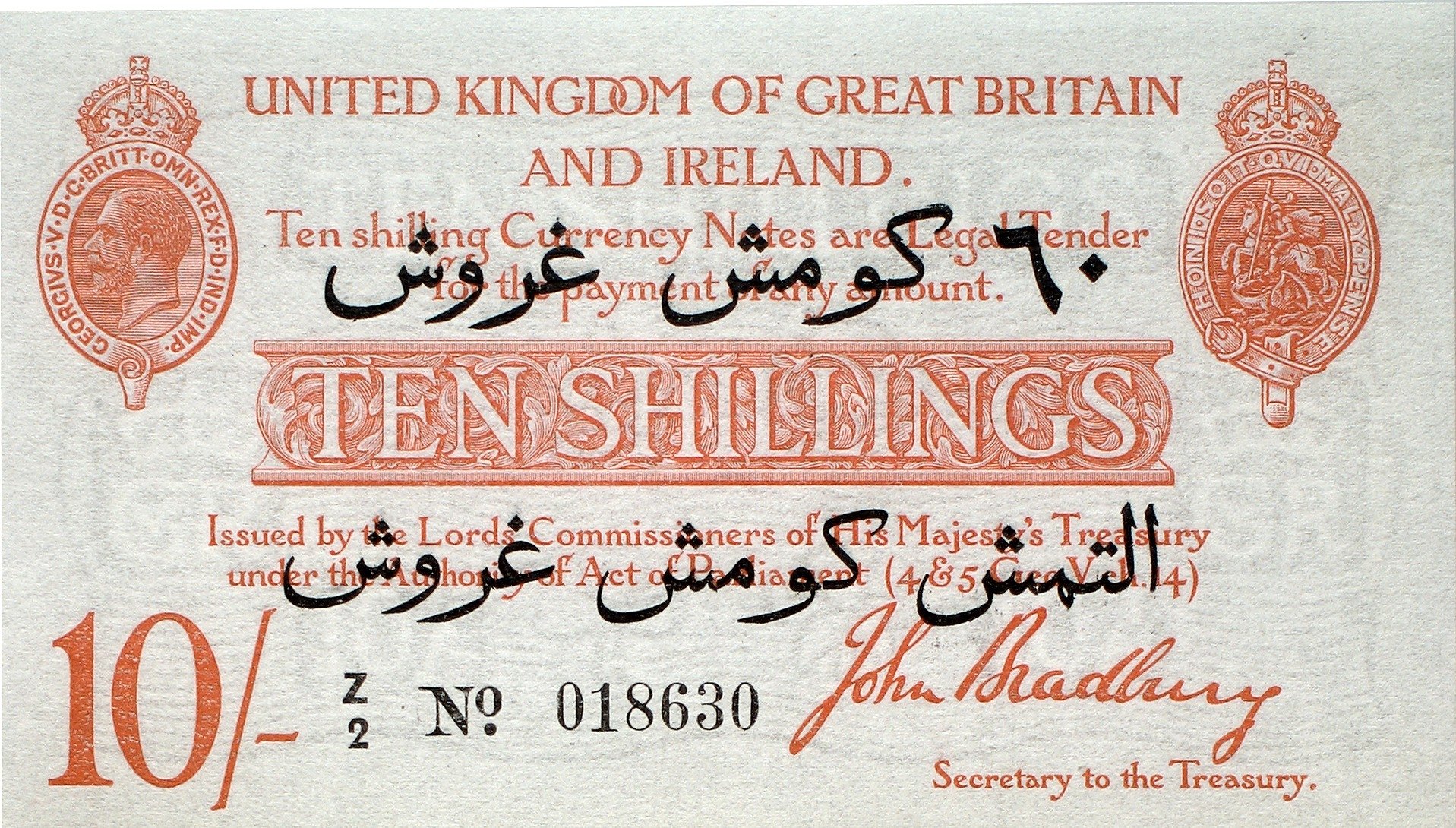Dear mum and dad, it is hell (1914). - I Would like more stories of the ‘horror of war’ & Numismatic
 petitioncrown
Posts: 62 ✭✭✭
petitioncrown
Posts: 62 ✭✭✭
A letter direct from the Dardanelles War Front which I saw, but the family would not part with it in the 1970’s some 50 years after the event and the medal the young soldier received posthumously. A heart-breaking story as many are of this type.
Dear mum and dad, it is hell here even as an officer, we are a battle field group praying for an end of the horrors of war. What words can I use, the playing fields of ‘hung the monkey’ [Seaton Carew] is a ‘pleasure ground’ in comparison. Mud bullets, missing limbs, and 'dead bodies'. Mum I did not know such immoral behavior of human beings, our leaders have not a resemblance of understanding maybe of were the Dardanelles are never mind create 'battle plans'. this war will go down in history as a disaster to the British Empire. Last night I sat with a young officer, how can such a person be given this rank as he seemed not older than 16.
This evening mum the bearer of this envelope is lucky to being re-patriated from this hell-hole back to Newcastle/Gateshead, he had suffered war wound that had now gone to gangrene - he had asked me for anything I wish to send home?
Love Tim”


Notes:
Up until the First World War, gold sovereigns and half sovereigns had circulated as everyday currency for about a hundred years, so it was not until the 1833 Bank Charter Act, when 'Bank of England' notes became legal tender in England and Wales.
BRADBURY - First notes were produced quickly and, because of the lack of availability of banknote paper, were printed on paper produced for postage stamps. Some of these notes were overprinted in Arabic, by the Treasury, for use by the British forces in the Mediterranean Expeditionary Force (MEF) out in the Dardanelles and Gallipoli.
John Bradbury was a permanent secretary to the Treasury during the First World War when he was instrumental in replacing gold with paper currency. World War One Emergency Issue, uniface One Pound banknote, undated (1915), serial number F67 41467, 10/- Z2 018630 , ONE POUND overprinted in red Arabic script, 10/- overprinted in black Arabic for the Dardanelles Campaign or Gallipoli Campaign which took place at the peninsula of Gallipoli in the Ottoman Empire (modern day Turkey) between 25 April 1915 and 9 January 1916 - a joint British and French operation to capture the Ottoman capital of Constantinople and secure a sea route to Russia.
The attempt failed with heavy casualties on both sides and the campaign was considered one of the greatest victories of the Turks and was reflected on as a major failure by the Allies), issued for use by the entire British Military Expeditionary Forces in the Mediterranean and the Naval Expeditionary Forces, the Arabic text translates as “Piastres Silver 120” in the top line and “Piastres Silver One Hundred and Twenty” in the lower line, “United Kingdom of Great Britain and Ireland” top centre, King George V top left, George slaying the dragon in crowned garter top right, signed lower right, 150mm x 85mm (Duggleby T.14).
The Worlds Most Prestigious and Valuable Silver Coin. Thomas Simon and two Kings of Numismatics together Petition Crown & 1804 $
Comments
What speaks to me is not the overwhelming tragic loss of life that war creates; this is too great, but the story of one young officer from the North East of England that lost his life, who, although I never had the honour to know, I can understand his enthusiasm for his passion. His memory was preserved by his parents who kept his Stamp Album. Inside was the last item received from their son. (as seen in the above article)
The Worlds Most Prestigious and Valuable Silver Coin. Thomas Simon and two Kings of Numismatics together Petition Crown & 1804 $
Very sad... that being said, our troops even now see and endure the horrors of battle - shielding those at home and ensuring our peace. Our young men and women - all - are heroes not only for what they do, and sacrifice, but for the sheer endurance of the daily struggle to stay alive and triumph over the forces intent on our subjugation. Cheers, RickO
Great post.
lest we forget.....
Last month I went to the pistol range and shot my great uncles 1917 Colt 45 revolver that he was issued in WW1. He was an ambulance driver in France during the war, yet was still issued a firearm. He took it to France and was able to come back with it. Both he and the gun survived that ugly war. To me it is a very treasured family heirloom.